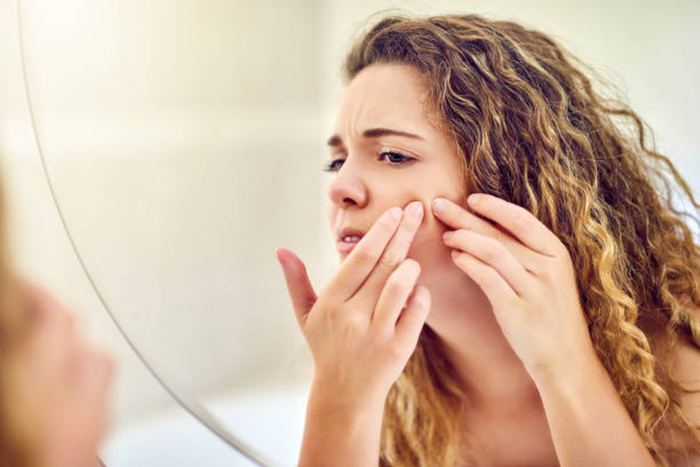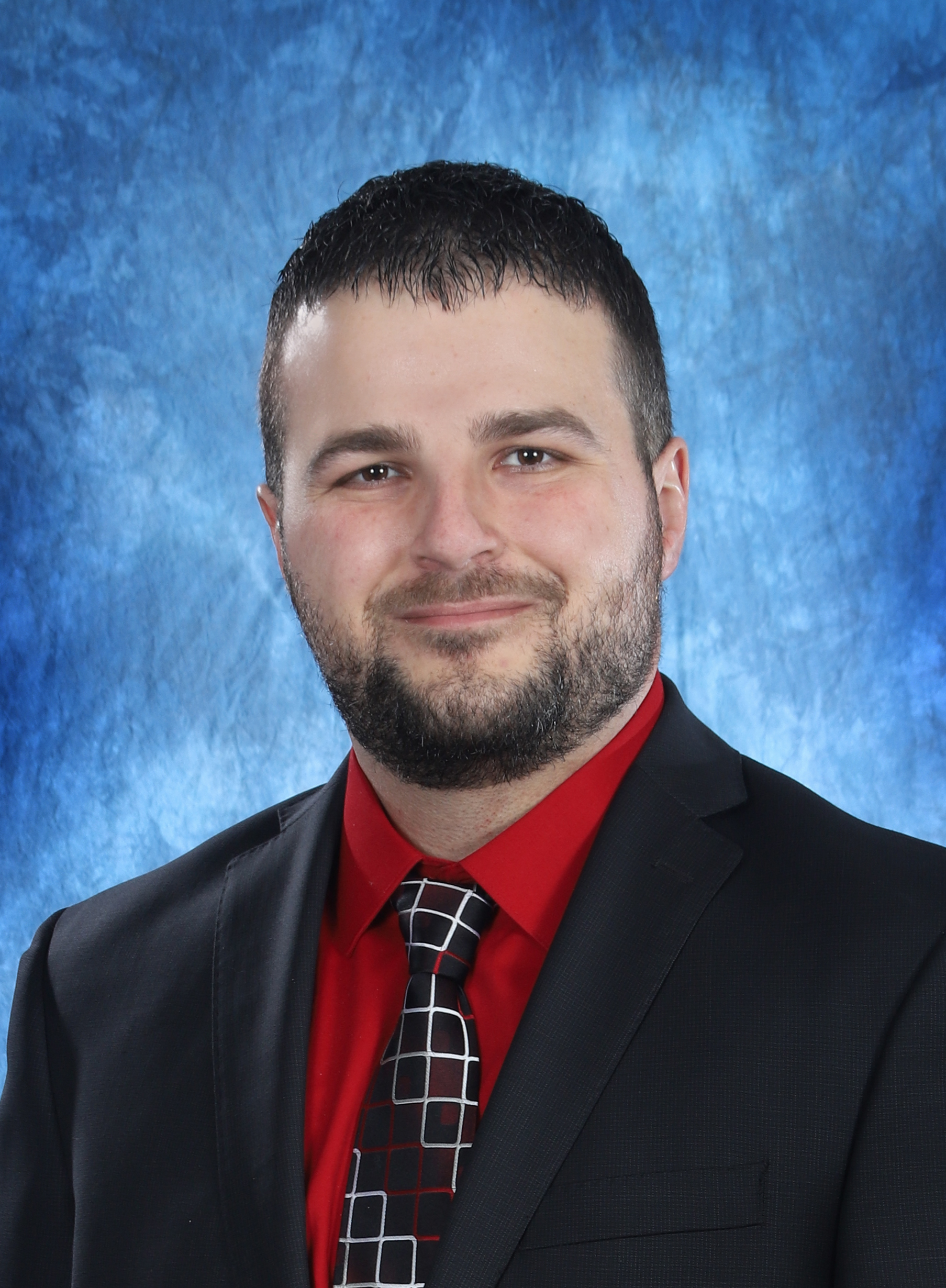
Published on May 17, 2022
Read Time: Three Minutes
You wake up one morning and look in the mirror. You notice something new on your face. It’s a zit. Blackhead. Whitehead. Pimple. It’s known by a lot of names, but the skin condition is commonly called acne.
Your first impulse may be to pop that pimple, but Cory Offutt, MD, a family medicine physician at Phelps Health, doesn’t recommend doing so.

“It is extremely important to avoid picking and popping lesions [or acne],” Dr. Offutt said, as popping pimples may worsen scarring or may cause more pimples.
Acne is a common skin condition in which papules, pustules or nodules develop because the pores, or openings, on your skin become blocked by hair follicles, oil, bacteria or dead skin cells.
Acne can occur on different parts of the body, most commonly on the face, neck, arms, chest, shoulders, abdomen and back.
Acne is common in teenagers and young adults, but adults can get pimples, too.
The most common types of acne include the following:
- Blackheads
- Whiteheads
- Papules
- Pustules
- Nodules
- Cysts
Some forms of acne are milder than others. Severe forms of acne can cause skin erosion and scarring, permanent damage to the skin and can even lead to changes in skin coloring.
Changes in male hormones, produced by both men and women, combined with oils and bacteria on your skin can lead to acne. Your genetics and diet also can play a factor in developing pimples.
Dr. Offutt noted that many medical studies have suggested that drinking a lot of milk and eating diets that are high in sugar can lead to increased levels of insulin-like growth factor (IGF), which can lead to acne. Eating chocolate has not been proven to cause or worsen acne.
Treating and Preventing Acne
So, instead of picking or popping pimples, how should you treat acne? Some treatments are more effective for some people than others.
Dr. Offutt said that treatments tend to be the same for adults and teens, but a person’s chronic conditions and risk factors have to be taken into account. He recommends each person discuss acne treatment options with their primary care provider.
Many over-the-counter remedies are available for acne. Facial washes, creams and foams that consist of azelaic acid, salicylic acid, benzoyl peroxide and topical retinoids can help with acne.
Prescription treatments, such as oral isotretinoin, oral contraceptives for women, spironolactone, topical and oral antibiotics and anti-inflammatories, can also treat acne.
Early, effective treatment of acne to prevent scarring is ideal, Dr. Offutt said.
If the skin becomes scarred, you may need minor surgical procedures, laser therapies, chemical peels, injectable soft tissue fillers, micro-needling or other treatment options.
“Acne can be prevented to an extent with good skin hygiene and overall good health practices, such as a healthy diet and exercise with regular, gentle cleansing of the skin,” Dr. Offutt said.
If you have acne, you should be careful about over-washing the skin, as too much scrubbing can cause more irritation of the skin and lead to worse acne. A gentle massage with your fingertips is generally sufficient for cleansing.
A gentle skin cleanser rather than soaps or scrubs are recommended. Dr. Offutt said a cleanser should have a pH of 5.5-7, which is close to the normal pH of the skin. In comparison, many soaps have a pH of 9-10, Dr. Offutt said.
If you have concerns or are unsure what to use to treat your acne, you can contact your primary care provider or see a dermatologist.
“Talk to your doctor, even if you have questions about over-the-counter treatments,” Dr. Offutt said. “It is better to be safe than sorry to avoid worsening the acne by selecting the wrong treatment.”
Have Questions About Acne Treatments?
Talk to your primary care provider to find an acne treatment that works for you. With MyChart, you can send private, secure messages to your care team.